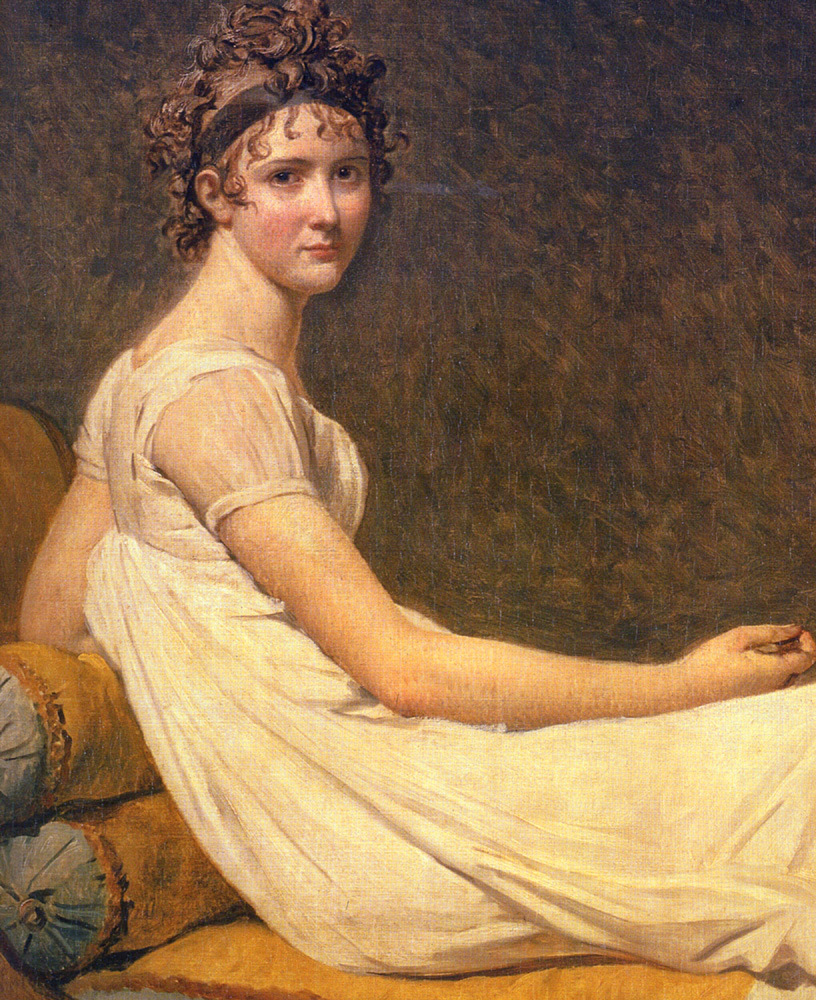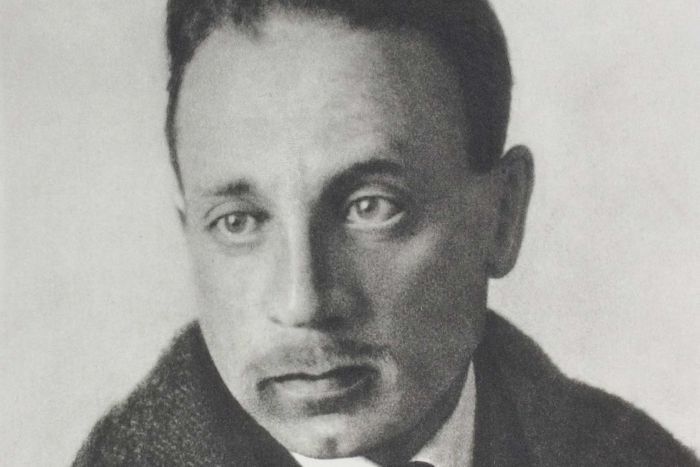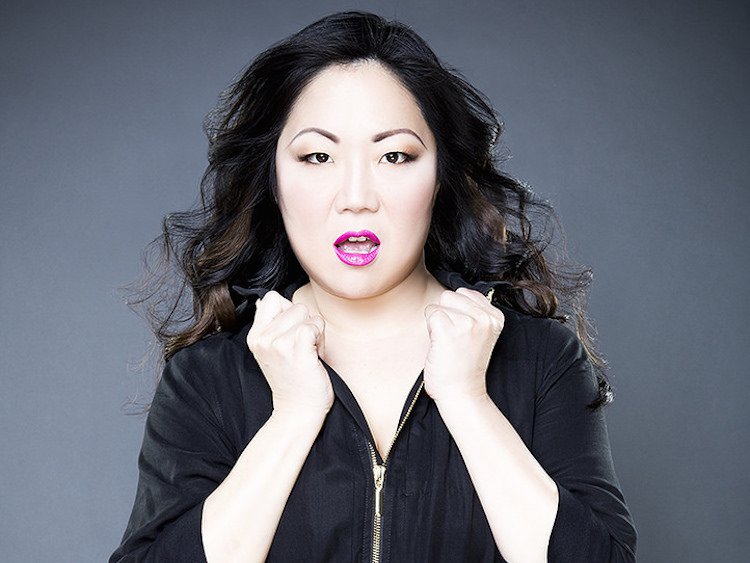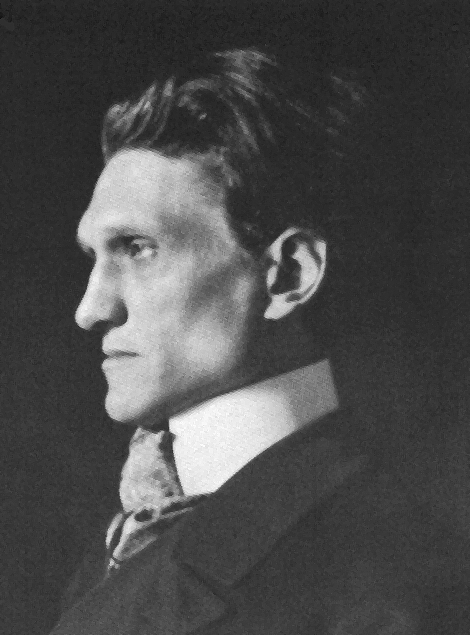|
Gay Wisdom for Daily Living brought to you by White Crane Institute ͏ ͏ ͏ ͏ ͏ ͏ ͏ ͏ ͏ ͏ ͏ ͏ ͏ ͏ ͏ ͏ ͏ ͏ ͏ ͏ ͏ ͏ ͏ ͏ ͏ ͏ ͏ ͏ ͏ ͏ ͏ ͏ ͏ ͏ ͏ ͏ ͏ ͏ ͏ ͏ ͏ ͏ ͏ ͏ ͏ ͏ ͏ ͏ ͏ ͏ ͏ ͏ ͏ ͏ ͏ ͏ ͏ ͏ ͏ ͏ ͏ ͏ ͏ ͏ ͏ ͏ ͏ ͏ ͏ ͏ ͏ ͏ ͏ ͏ ͏ ͏ ͏ ͏ ͏ ͏ ͏ ͏ ͏ ͏ ͏ ͏ ͏ ͏ ͏ ͏ ͏ ͏ ͏ ͏ ͏ ͏ ͏ ͏ ͏ ͏ ͏ ͏ ͏ ͏ ͏ ͏ ͏ ͏ ͏ ͏ ͏ ͏ ͏ ͏ ͏ ͏ ͏ ͏ ͏ ͏ ͏ ͏ ͏ ͏ ͏ ͏ ͏ ͏ ͏ ͏ ͏ ͏ ͏
|
|
||||
| This Day in Gay History | ||||
December 04Born 1777 - MADAME RÉCAMIER, French socialite born (d. 1849); a Frenchwoman who was a leader of the literary and political circles of the early and considered to be the most beautiful woman of her time. Born in Lyon and known as Juliette, she was married at fifteen to Jacques Récamier (d. 1830), a rich banker more than 30 years her senior. At the time, it was said that he was in fact her natural father who married her to make her his heir. Beautiful, accomplished, with a real love for literature, she possessed at the same time a temperament which protected her from scandal, and from the early days of the French Consulate to almost the end of the July Monarchy her salon in Paris was one of the chief resorts of literary and political society that pretended to fashion. The habitués of her house included many former royalists, with others, such as Jean-Baptiste Bernadotte and Jean Victor Marie Moreau, more or less disaffected to the government. This circumstance, together with her refusal to act as lady-in-waiting to Empress consort Josephine de Beauharnais and her “friendship” for Anne Louise Germaine de Stael, brought her under suspicion. When a history says someone’s sex life is “unconventional” it can sometimes mean little more than the subject enjoyed something other than the standard missionary position with his clothes on and the lights off. When a woman’s sex life is even mentioned, no less described as “unconventional” then you better sit up and take notice. Madame de Stael was such a woman. In 1798, separated from her own husband and living with yet another male lover, she met up with Madame Recamier. De Staël was 31, Juliette was ten years younger. “She fixed her great eyes upon me,” wrote Juliette, “and paid me compliments about my figure which might have seemed exaggerated and too direct had they not seemed to have escaped from her. From that time on, I thought only of Mme. de Staël.” They lived together for the next nineteen years until de Stael died. Her final words to Recamier, to whom she had once written, “I love you with a love that surpasses that of friendship,” were “I embrace you with all that is left of me.” 1875 - RAINER MARIA RILKE, Austrian poet was born on this date (d. 1926); Austria’s greatest modern poet is included here because Harold Nicolson, who knew him, and whose perception generally demands consideration and respect, believed Rilke to be Gay. W.H. Auden once dismissed Rilke as “the greatest Lesbian poet since Sappho.” Since Auden wasn’t on particularly good terms with Harold Nicolson, it’s more than likely that he came to his own conclusion about there being something “different” about the poet. For many years, Rilke lived in Paris, where he was secretary to the sculptor Augúste Rodin, himself supposedly Gay. Since Rodin was an intimate of Diaghelev and Nijinsky, it seems unlikely that Rilke did not move in the same Gfay circle. Cocteau, for example, knew the poet and even invented a story that Rilke had been in love with him. Once again, a good modern biography is needed. There seems to be too much “in the air” to ignore. 1969 - MARGARET CHO, American comedian and actress, born; A comedian, fashion designer and actress. Cho is known for her stage performances, recordings, and concert movies. Her shows are a mixture of her comedy stylings with strong political and cultural commentary. Apart from these shows she has also directed and appeared in music videos, and started her own clothing line. She has also frequently supported gay rights and identifies herself as bisexual, winning several awards for her humanitarian efforts. Cho was born to a Korean-American family in San Francisco, CA. Named "Moran," she was frequently called "Moron" by other children. Cho grew up in a culturally diverse neighborhood in the 1970s and 1980s, which she described as a community of "old hippies, ex-druggies, burnouts from the '60s drag queens, and Chinese people. To say it was a melting Cho has dated Quentin Tarantino (who appeared on an episode of her sitcom), Chris Isaak, and Garrett Wang. Cho has also spoken about her relationships and sexual experiences with women, and identifies herself as bisexual. In 2003, she married Al Ridenour, an artist involved in the creation of Cacophany Society and the Art of Bleeding; she was featured in an Art of Bleeding performance in March 2006. Cho began getting major tattoo work done in 2006 and has become an enthusiast; as of March 2007 she estimates that 15-20% of her body is currently covered. In 2000, the Gay & Lesbian Alliance Against Defamation (GLAAD) awarded her with a Golden Gate award and described her as an entertainer who, "as a pioneer, has made a significant difference in promoting equal rights for all, regardless of sexual orientation or gender identity." In 2001, she was given a Lambda Liberty Award by Lambda Legal for "pressing us to see how false constructions of race, sexuality, and gender operate similarly to obscure and demean identity." Died 1933 - STEFAN GEORGE, German poet, translator and editor, died (b. 1869); George was an important bridge between the 19th century and German modernism, even though he was a harsh critic of the then modern era. He experimented with various poetic meters, punctuation, obscure allusions and typography. Inspired by Mallarmé's coterie of writers and artists in Paris, George formed his own circle that was known as the Georgekreis (George-Circle). Indicative of George's elitism, he founded a literary journal, Blätter für die Kunst (Pages for Art), which was available only to the members of his circle. A strong authoritarian personality, he founded his circle on the master-disciple relationship. His devotion to the artistic paradigm of "art for art's sake" manifested itself in his desire to shape his reality according to his aesthetic ideals rather than to society. George's sexuality is an open secret in the scholarship about him; that is, it is a commonplace that almost no one will admit. George, however, is as responsible for this closetedness as anyone since he strove in his work to create a private space that would be accessible only to those "like-minded" individuals who possessed the code. Therefore, his poems allow themselves to be easily construed as "metaphorical" or "platonic," even if they most immediately appear to be about burning Gay passion. George accomplishes this effect by addressing a genderless "you" in his poems and by personifying such terms as "love," "soul," and "heart." Two works, Algabal (1892) and Maximin (1906), especially embody a Gay sensibility. Algabal is a young king who builds himself a subterranean kingdom, the artificiality of which surpasses the natural beauty of the world above. The significance of the embrace of the Unnatural, the Barren, and the nonetheless Beautiful in this work cannot be missed by the reader aware of the stereotypes of Gay love, but is simply readable as decadence to one who is not. The poem's dedication to the memory of the Bavarian king, Ludwig II, a homosexual icon at the turn of the century, is also a signal to its gay meaning. Maximin was inspired by the Munich high school student, Maximilian Kronberger, whose early death served as an excuse to mythologize his memory. Although the youth's poetry was the overt excuse for his relationship to George, the poetry's mediocrity suggests that George encouraged Kronberger mainly because of his physical beauty. George was thought of by his contemporaries as a prophet and a pries, while he thought of himself as a messiah of a new kingdom that would be led by intellectual or artistic elites, bonded by their faithfulness to a strong leader. His poetry emphasized self-sacrifice, heroism and power, and he thus gained popularity among National Socialist circles. A group of writers that congregated around him were known as the Georgekreis. Although many National Socialists claimed George as an important influence, George himself was aloof from such associations and did not get involved in politics. | ||||
|
|8|O|8|O|8|O|8|O|8|O|8|O|8|O|8| Gay Wisdom for Daily Living from White Crane Institute "With the increasing commodification of gay news, views, and culture by powerful corporate interests, having a strong independent voice in our community is all the more important. White Crane is one of the last brave standouts in this bland new world... a triumph over the looming mediocrity of the mainstream Gay world." - Mark Thompson Exploring Gay Wisdom & Culture since 1989! |8|O|8|O|8|O|8|O|8|O|8|O|8|O|8| | ||||
|
|||||
|





